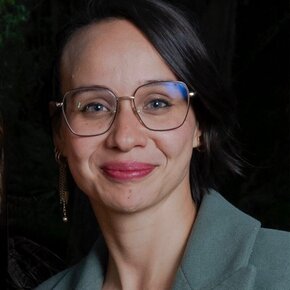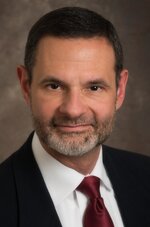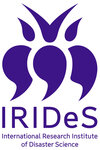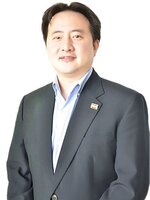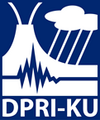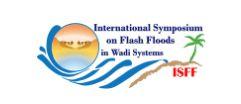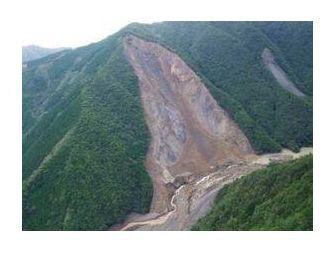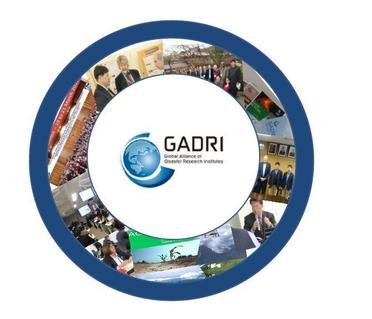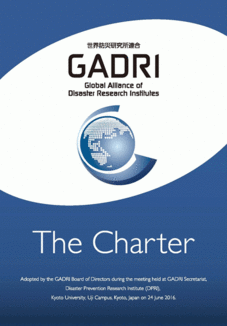About
Members of the Board of Directors of GADRI - Term of Office from April 2024 to March 2028
Americas covering North and South America
|
Institute for Catastrophic Loss Reduction at Western University, Canada |
|
Unidad Nacional para la Gestión del Riesgo de Desastres |
Deputy Director, Unidad Nacional para la Gestión del Riesgo de Desastres de Colombia-UNGRD) - National Unit for Disaster Risk Management in Colombia (NGRD), Colombia |
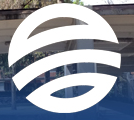 Institute of Geography of the National Autonomous University of Mexico (UNAM), Mexico |
 Professor, Professor and Researcher at the Institute of Geography of the National Autonomous University of Mexico (UNAM) |
|
Disaster Research Center Disaster Research Center, University of Delaware, USA |
Professor, Biden School of Public Policy and Administration; Director, Disaster Research Center Disaster Research Center, University of Delaware, USA |
Asia and Oceania
 |
 Head, Department of Hydrology, Indian Institute of Technology Roorkee (IITR), India |
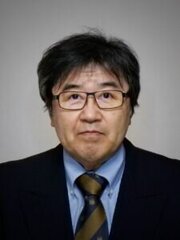 Dean, Graduate School of Global Environmental Studies (GSGES), Kyoto University, Japan Senior Lecturer, Graduate School of Global Environmental Studies (GSGES), Kyoto University, Japan |
|
International Research Institute of Disaster Science (IRIDeS), Tohoku University, Japan |
Professor, Practical Research and Collaboration Division, International Research Institute of Disaster Science (IRIDeS), Tohoku University, Japan |
|
Director, Asian Disaster Prevention Center (ADPC), Bangkok, Thailand |
Europe and Africa
 |
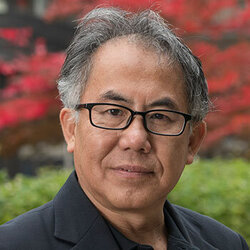 Senior Research Fellow, Stockholm Environment Institute (SEI) headquarters, Sweden |
|
Disaster and Development Network (DDN), Northumbria University New Castle, United Kingdom |
Professor of Disaster and Development, DDN, Northumbria University New Castle, United Kingdom |
|
Professor, Centre for Disaster Resilience, School of Science, Engineering and Environment, University of Salford, Manchester, United Kingdom |
GADRI Secretariat
|
Hosted by the Disaster Presention Research Institute, Kyoto University, Japan |
Professor, Joint Research Unit for Climate Change Risk Projection and Adaptation Strategies, Disaster Prevention Research Institute (DPRI), Kyoto University, Japan |
GADRI Regional Alliances
- African Alliance of Disaster Research Institutes (AADRI), Bindura University of Science, Zimbabwe
- North American Alliance of Hazards and Disaster Research Institutes (NAAHDRI), Natural Hazards Center, University of Colorado, Boulder, USA - https://www.naahdri.org/
- South Asian Alliance of Disaster Research Institutes (SAARDRI), Indian Institute of Technology (IIT), Roorkee, India - https://www.iitr.ac.in/centers/COEDMM/pages/SAADRI.html
- UK Alliance of Disaster Research (UKADR), Co-chair, Northumbria University, UK - http://www.ukadr.org/
Welcome to GADRI!
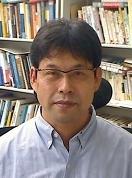
Established in March 2015 as an outcome of the 2nd Global Summit of Research Institutes for Disaster Risk Reduction, GADRI is a collaborative platform for discussion, sharing knowledge and promoting networks on topics related to disaster risk reduction and resilience to disasters. GADRI is committed to support the implementation of the Sendai Framework for Disaster Risk Reduction 2015-2030 which has pointed out the need to better link sustainable development and climate change efforts towards a common goal of harmonious living with nature and our planet.
In order to support these goals, GADRI is engaged in:
- commitments to contribute to the Science and Technology Raodmap to implement the Sendai Framework Agenda for 2030
- Enhance collaboration among member organizations to foster scientific exchange and collaborative research
- encourage evaluation and reporting of research achievements and gaps through the biennial GADRI Global Summit
- Dissemination of information on existing global disasters consequences databases and other information through Disaster and Risk Research: GADRI Book Series
- Sharing information on activities through newletter - GADRI Actions
- Encourage communication tool/method for sharing knowledge on real-time applications for early warning systems and fast responses to disasters
- Endorse GADRI member research proposals
- Development of a database for data collection in future events
We are young and active. Currently, over 190 member institutions from around the world have joined GADRI.
While striving to accomplish our vision of GADRI, our expectation from you is to identify the status of current research achievements and gaps in your area of research to achieve disaster risk reduction in the real world; review and report these status during the biennialGADRI Global Summit; and assist us with our commitment to contribute to the goals of the Science and Technology Raodmap to implement the Priority Areas of the Sendai Framework Agenda 2030.
GADRI membership is free and we welcome you to join us and continue to work together with us to make disaster resilient world.
Dr. Hirokazu Tatano, Professor and Vice-Director for Future Plans; and
Head of Reserach Division of Disaster Management for Safe and Secure Society,
Disaster Prevention Research Institute (DPRI), Kyoto University
GADRI activities will be streamlined to fully support the targets of the 2016 Science and Technology Roadmap to support the implementation of the Sendai Framework for Disaster Risk Reduction 2015-2030, which calls for the need of focused action across sectors by States at local, national, regional and global levels. The four Priority Areas of the Sendai Framework are as follows:
- Priority 1: Understanding disaster risk
- Priority 2: Strengthening disaster risk governance to manage disaster risk
- Priority 3: Investing in disaster risk reduction for resilience
- Priority 4: Enhancing disaster preparedness for effective response and to "Build Back Better" in recovery, rehabilitation and reconstruction.[1]
[1] Sendai Framework for Disaster Risk Reduction 2015-2020
I. Atmospheric and Water Related Disasters
II. Earthquake and Volcanic Disasters
Brief DescriptionThe Earthquake and Volcano Hazard group supports international collaborative research related to seismic and volcanic hazards. The group supports international exchange of data and promotes access of these data sets for research purposes. Also, the group helps coordinate field investigations of important earthquakes and volcanic events. |
ActivitiesGADRI Earthquake and Volcano Group held the workshop on "Bridging Strong-motion and Earthquake Damage" at the Disaster Prevention Research Institute (DPRI), Kyoto University, Uji Campus, Kyoto, Japan on 25 February 2016. |
III. Geo‐Hazards
IV. Integrated Disaster Risk Management
Brief Description"Disaster Risk Reduction" requires tackling the various factors that influence a society's vulnerability to disasters in an integrated, holistic, and comprehensive way, which finally call for a concept, framework, methodology of "Integrated Disaster Risk Management". Successful integrated disaster risk management requires integration between disciplines, stakeholders, levels of government, and between global, regional, national, local and individual efforts, which fills gaps between theory and practice under functional scheme of "Disaster Risk Governance". This group is to share and discuss findings, tested assumptions and commonplace knowledge, new methods and innovative ideas defining and strengthening the framework of integrated disaster risk management. |
Activities
GADRI Open Discussion Forum: How Can Disaster Research Institutes Significantly Contribute to Real World Disaster Risk Reduction? - was heldat the Disaster Prevention Research Institute (DPRI), Collaborative Research Hub - 3F, Kyoto University, Japan on 15 March 2018. GADRI Open Discussion Forum: GADRI Projects and Activities was heldat the Disaster Prevention Research Institute (DPRI), Collaborative Research Hub - 3F, Kyoto University, Japan on 23 March 2016. The Forum was held in conjunction with the First Meeting of the GADRI Board of Directors and was attended by 55 participants from 18 countries representing various institutions and governmental agencies.
|
GADRI is hosted by the Disaster Prevention Research Institute (DPRI), Kyoto University, Uji Campus, Kyoto, Japan.
|
Secretary-General |
Prof. Hirokazu Tatano, Vice-Director, DPRI, Kyoto University; and
|
| Programme Adviser |
Prof. Manabu Hashimoto, Director, DPRI, Kyoto University |
| Committee Members |
Prof. Masahiro Chigira |
| Secretariat |
Ms. Wilma James, Project Activity Coordinator
|
|
Contact details: secretariat-gadri@dpri.kyoto-u.ac.jp |
|
The Charter of GADRI
Member Institutions of GADRI Board of Directors
Europe and Africa
1. Institute for Advanced Sustainability Studies (IASS), Germany
2. Institute for Environment and Human Security, United Nations University (UNU-EHS), Germany
3. Institute for Risk and Disaster Reduction (IRDR), University College of London (UCL), UK
4. Disaster and Development Network (DDN), Northumbria University, UK
Asia and Oceania
5. Institute for Disaster Management and Reconstruction (IDMR), Sichuan University, China
6. International Centre for Water Hazard and Risk Management (ICHARM), under the auspices of UNESCO, Japan
7. Centre of Excellence in Disaster Mitigation & Management, Indian Institute of Technology (IIT) Roorkee, India
8. Disaster Preparedness, Mitigation and Management (DPMM), Asian Institute of Technology (AIT), Thailand
Americas
9. Institute for Catastrophic Loss Reduction (ICLR), Western University, Canada
10. Centro Nacional de Investigacion par la Gestion de Desastres Naturales (CIGIDEN), Chile
11. Center for Risk-Based Community Resilience Planning, Colorado State University, USA
Secretariat
12. Disaster Prevention Research Institute (DPRI), Kyoto University
GADRI seeks to contribute to enhancing disaster risk reduction and disaster resilience in close collaboration with organizations around the world through sharing of information, knowledge, experiences and ideas on disaster research.
GADRI Objectives
To achieve the above purpose, GADRI has the following objectives:
- To establish a global research network
- To provide a research road map, and plans and organization of disaster research groups
- To promote capacity development of disaster research institutes and enhance researcher and student exchange
- To promote exchange and sharing of data and information for scientific research across the globe
- To serve as an advocacy organization to speak with one voice in an effort to influence decision-making processes.
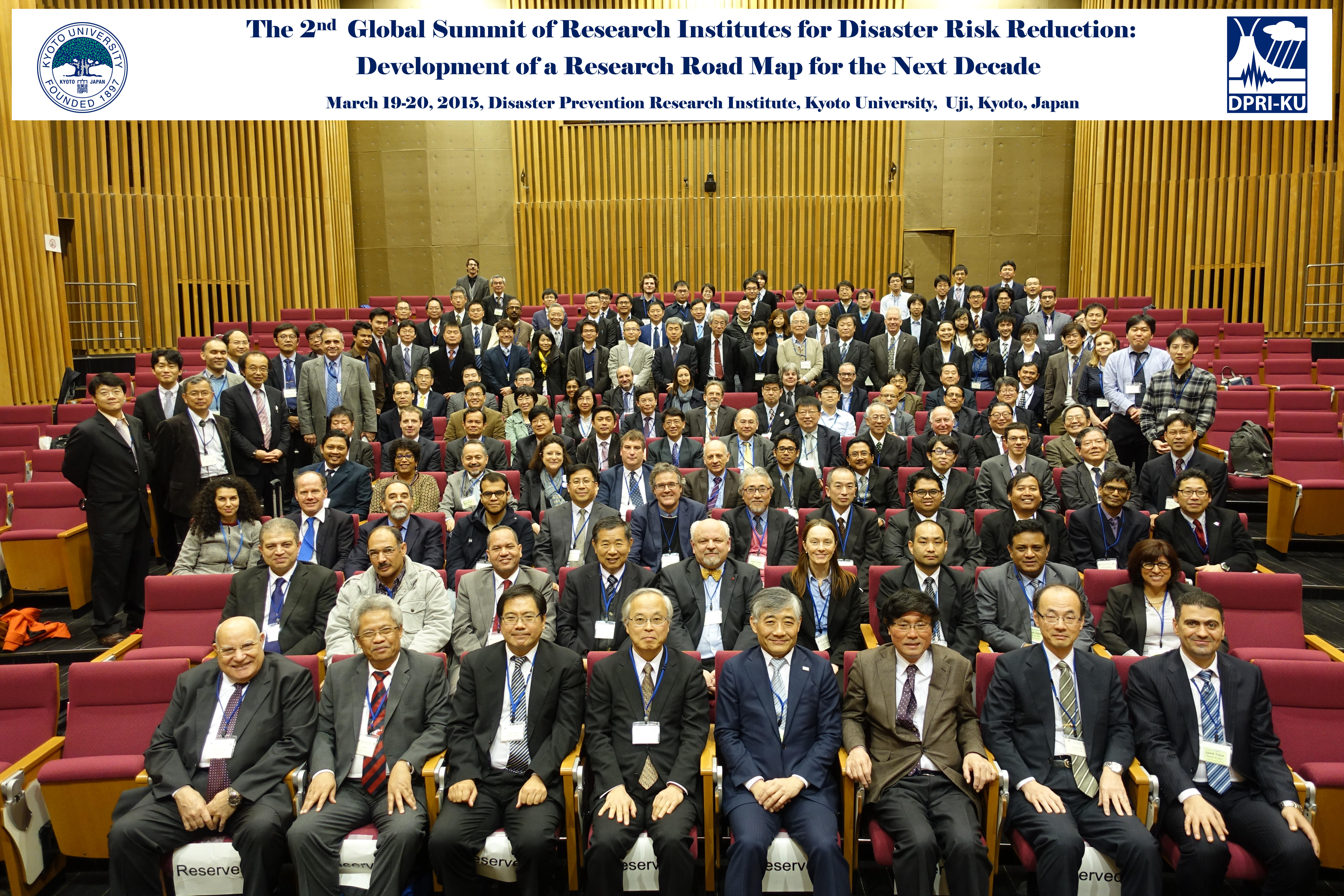
Following the Hyogo Framework for Action (HFA), advances have been made in the application of damage reduction principles, but many challenges remain as seen by the continued increase in disaster losses. Also, the new Sendai Framework for Disaster Risk Reduction 2015-2030 with support from the Scientific and Technical Advisory Group of the United Nations Office for Disaster Risk Reduction (UNISDR), has pointed out the need to better link sustainable development and climate change efforts towards a common goal of harmonious living with nature and our planet. The Framework explicitly calls for coordinated efforts by the scientific community to deepen the understanding of disaster risks, promote evidence-based implementation of disaster risk reduction strategies, and transfer and disseminate scientific knowledge and technologies in support of decision making processes.
Building on these, participants of the "2nd Global Summit of Research Institutes for Disaster Risk Reduction: Development of a Research Road Map for the Next Decade," met to in March 2015 at the Disaster Prevention Research Institute (DPRI), Kyoto University to discuss how the disaster research institutes can contribute to disaster risk reduction in the next 15 years in accordance with the goals of the Sendai Framework.
The outcome of the discussion was the establishment of the "Global Alliance of Disaster Research Institutes (GADRI)." GADRI is a forum for sharing knowledge and promoting collaboration on topics related to disaster risk reduction and resilience to disasters and is a network of networks guided by organizational values for disaster risk reduction that are reflected in the GADRI Charter.



